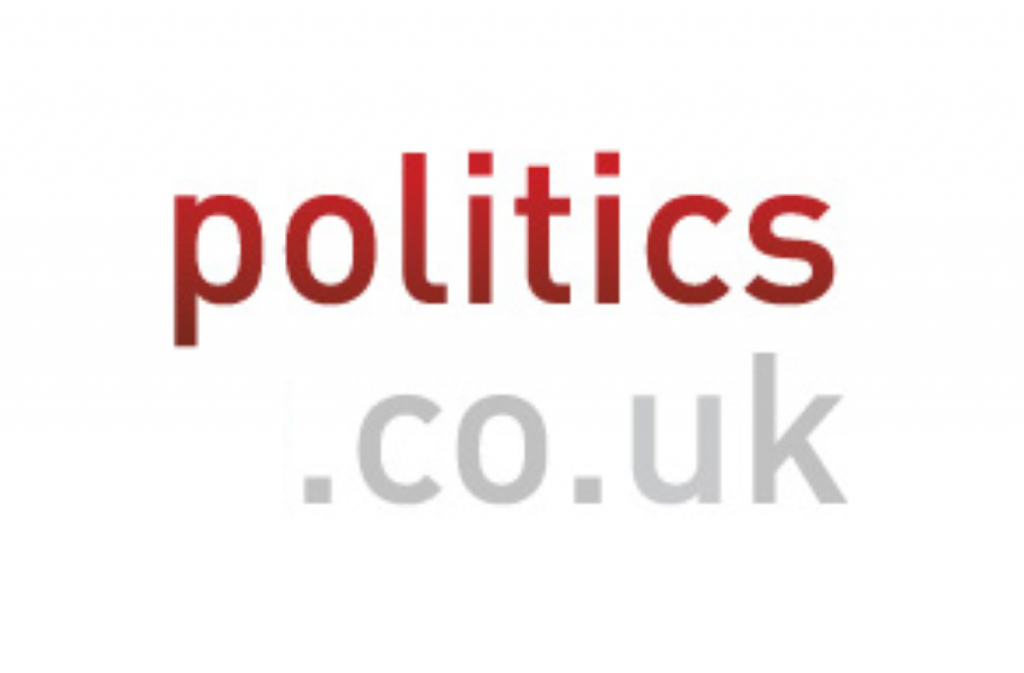Liam Fox sets out his stall
The Tory party must focus on the issues that affect the general public rather than its own internal tensions, Liam Fox said today.
Launching his bid for the Conservative leadership, the shadow foreign secretary said he would be setting out a “very clear” agenda for the future of the party.
“I think there’s been far too much talk in the Conservative party of late about the Conservative party and too little focus on the issues that affect people up and down the length of the land,” he told Today.
“I think the things that the Conservative party stands for stood the test of time, but we need to reiterate them and understand that the society in which we’re expressing them has changed.”


Mr Fox believes a sense of family, community, respect for the law and for Britain’s control of its own destiny are the principles that define Conservatism.
But he believes the only way the party will win over the public is try to win the argument about these ideas first, before moving on to setting out specific policies.
An ICM poll for the BBC this week found only three per cent of voters are of the view that Mr Fox would make the best leader, but he has insisted that he has the support he needs.
Writing a manifesto of sorts in today’s Daily Telegraph, Mr Fox says his party needs to end its soliloquy with itself.
“We need instead to look ahead and outwards. We need to remind ourselves that we came into politics because we have a vision for our country and to explain how we turn that vision into a reality, he writes.
The opening of Mr Fox’s campaign comes as Malcolm Rifkind, David Davis, David Cameron and Kenneth Clarke step up their efforts to canvass support.
Mr Davis, the shadow home secretary, today attacks the “seven deadly sins” of economic mismanagement under chancellor Gordon Brown’s stewardship.
Writing in the Scotsman, Mr Davis sets out his own agenda of a low tax, deregulated, economy.
“Only a low-tax, light-regulation economy can provide the resources for good healthcare and education, roads and police because those are the economies that generate sustainable wealth,” he writes.
“Only a low-tax, light regulation economy can build the stronger society we all want to see because those are the economies that encourage enterprise, provide incentives and promote competition.”

